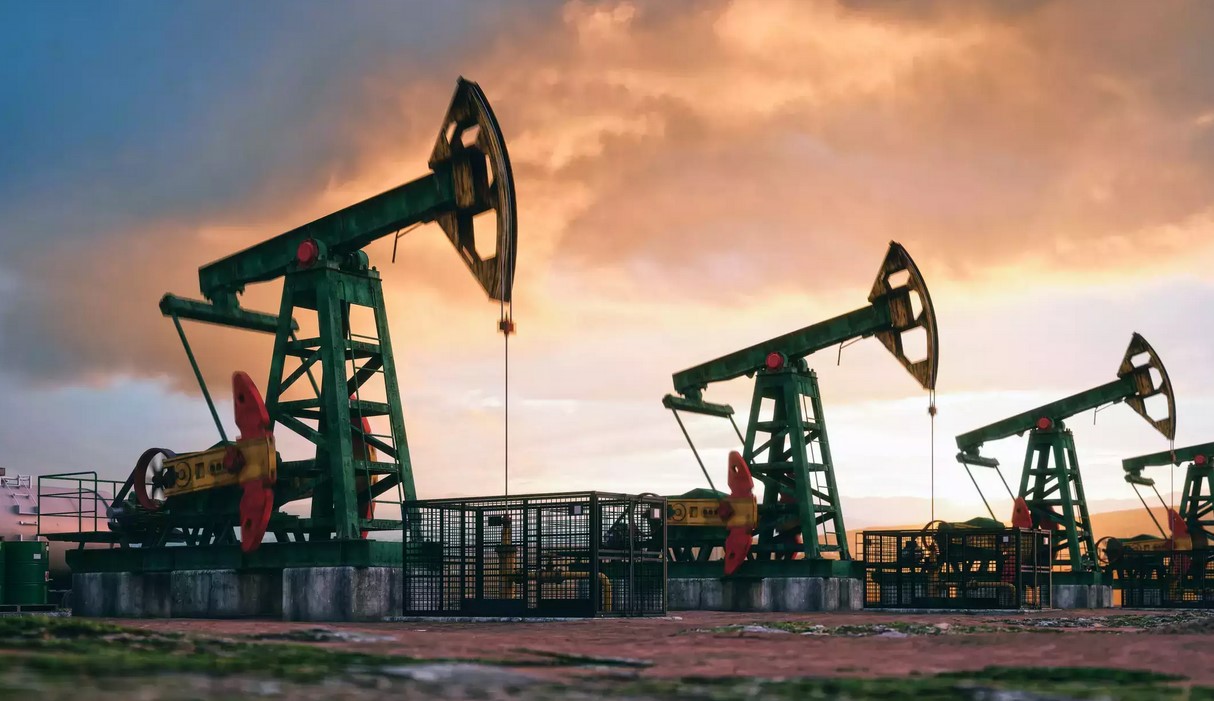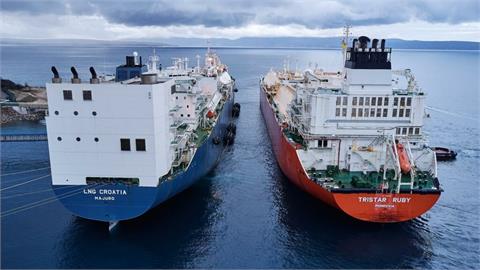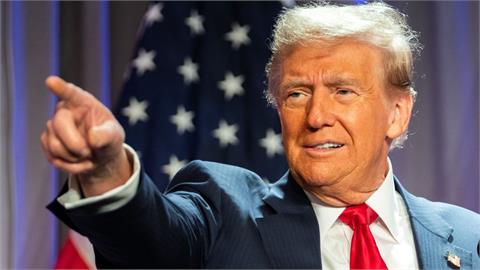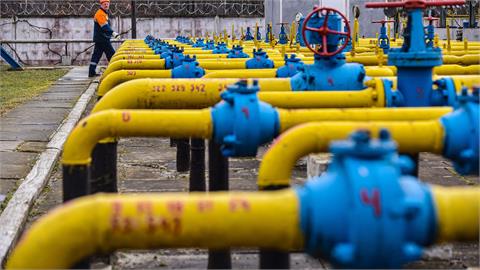by Lutz Kilian, David Rapson and Burkhard Schipper* Sanctions in response to the invasion of Ukraine led to a substantial decline in Russia’s crude oil revenues in 2022 and 2023. This column argues that the decline in revenue was due almost entirely to the embargo on Russian crude oil imports, which forced Russian oil exports to be redirected from Europe to more distant customers in Asia and conferred market power on India and China
In contrast, while a price cap deprived Russia of financial resources that were spent on additional tanker purchases, its effect on the Russian oil export price was negligible. The findings demonstrate the importance of considering economic realities when desgning sanction regimes.
Russia’s crude oil revenues declined substantially in 2022 and 2023 as voluntary and formal sanctions were imposed in response to the invasion of Ukraine. The formal sanctions imposed at the end of 2022 comprised an embargo on Russian crude oil imports and a price cap that allowed countries not participating in the sanctions the use of Western maritime services for imports of Russian crude at prices below the cap. There has been an ongoing debate among policymakers and academics about these sanctions and their effectiveness (e.g. Johnson et al. 2023).
In recent research (Kilian et al. 2024), we make the case that the decline in Russian oil revenue in 2023 was due almost entirely to the embargo, which forced Russian oil exports to be redirected from Europe to more distant customers in Asia and conferred market power on India and China. In contrast, while the price cap deprived Russia of financial resources that were spent on additional tanker purchases, its effect on the Russian oil export price was negligible. The main benefit of the price cap was to persuade the EU and the UK to abandon its plans for a general ban on Western maritime services for transporting Russian oil, which could have triggered a global shortage of crude oil and a recession.
Why the G7 oil price cap was introduced
When the global community planned its response to Russia’s invasion of Ukraine in 2022, aspirations to defund Russia’s economy via sanctions were ambitious. Some, including Johnson and Hosoi (2022), advocated for a near-complete ban on Western purchases of Russian crude oil and refined products. Such aspirations were tempered by concerns that isolating Russia would harm the global economy. In 2020, Russia produced 11% of global oil, far more than it consumed domestically. Cutting Russia off from the world oil market would have damaged Russia’s economy and reduced its ability to fund the war effort; but it would also have risked spiking global oil prices and sending the world into a recession.
(for the fulli article, visit cepr.org)
*Lutz Kilian is Senior Economic Policy Adviser at the Federal Reserve Bank Of Dallas. David Rapson is Chancellor’s Leadership Professor at the University of California, Davis. Burkhard Schipper is Professor of Economics at the University of California, Davis.




